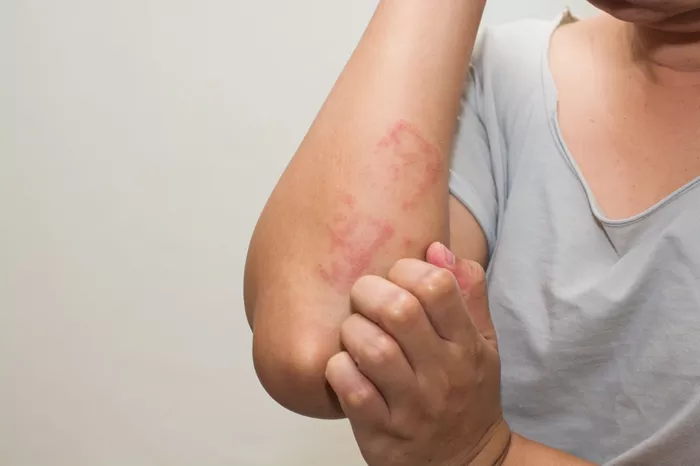Scabies can be an itchy and uncomfortable nightmare, but don’t panic. Here’s what you need to know and do if you suspect or have been diagnosed with scabies.
First things first, getting an accurate diagnosis is crucial. Scabies is caused by tiny mites that burrow into the skin. The most common symptom is intense itching, especially at night. You might notice small, red bumps or rashes on your skin, often in the webs of your fingers, wrists, elbows, armpits, and around the waistline. However, these symptoms can be similar to other skin conditions. So, if you suspect scabies, it’s important to see a doctor. They can make a diagnosis by examining your skin or by taking a skin scraping and looking at it under a microscope to identify the mites or their eggs.
The mainstay of scabies treatment is prescription – strength creams or lotions. Permethrin 5% cream is commonly used. You’ll need to apply it all over your body from the neck down, making sure to get it into all the skin folds and crevices. Leave it on for the recommended amount of time, usually 8 – 14 hours, before washing it off. Another option is ivermectin, which can be taken orally. In some cases, especially for more severe or resistant scabies, a combination of these treatments may be used.
Scabies is highly contagious, so it’s not just about treating the person with symptoms. Everyone in the household should be treated at the same time, even if they don’t have symptoms. This helps to prevent reinfestation. Wash all bedding, clothing, and towels in hot water and dry them on high heat. Vacuum your furniture and carpets thoroughly to get rid of any mites that may be lurking there.
While the treatment is working to get rid of the mites, you’ll also want to relieve the itching. Over – the – counter anti – itch creams containing hydrocortisone can provide some relief. Taking antihistamines can also help reduce itching, especially at night when it tends to be worse. Avoid scratching as much as possible, as this can break the skin and lead to secondary infections.
After successfully treating scabies, you’ll want to take steps to prevent a recurrence. Avoid close physical contact with people who have scabies. When staying in hotels or other shared accommodations, wash your clothes and take a shower as soon as possible after your stay. Keep your personal hygiene high, and if you notice any signs of itching or rashes again, seek medical attention promptly.
In conclusion, scabies can be a pesky and uncomfortable condition, but with the right diagnosis, treatment, and prevention measures, you can get rid of it and avoid future problems. Stay vigilant and take care of your skin to keep these pesky mites at bay.
Read more:
- What Trump’S Presidency Could Mean For The Future Of Abortion Rights
- FDA Moves To Eliminate Ineffective Cold & Allergy Medicine Ingredient
- Is Fluoride On The Way Out? Experts Sound Alarm Over Potential Public Health Risks


